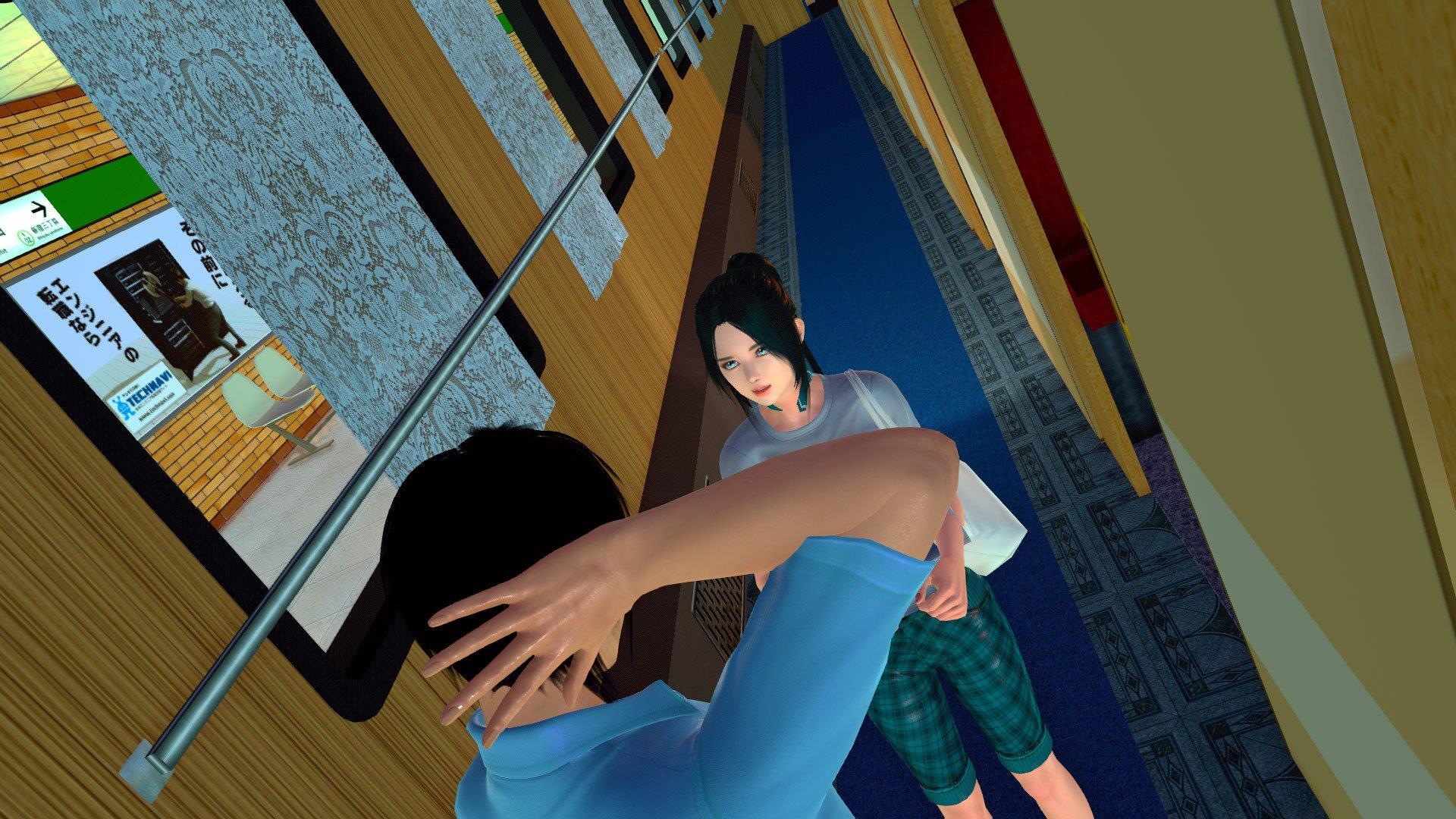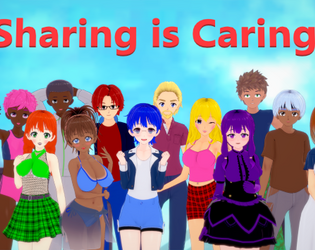EA Mandates Office Return, Halts Remote Hiring
Electronic Arts (EA) has informed its employees of a significant change in its work policy, announcing the end of its remote working arrangements and mandating a full return to office environments. In an email sent to staff and viewed by IGN, CEO Andrew Wilson emphasized the benefits of in-person work, stating that it fosters "a kinetic energy that fuels creativity, innovation, and connection, often resulting in unexpected breakthroughs that lead to incredible experiences for our players." He further clarified that "hybrid work" would now require a minimum of three days per week in the local office, and that roles designated as "offsite local" would be phased out over time.
Laura Miele, EA Entertainment president, provided more detailed information in a follow-up email, also seen by IGN. She described the shift as moving from "a decentralized approach to a globally consistent, enterprise-wide work model." Key points from her email include:
- The new policy will not take immediate effect. Employees should continue working as directed by their Business Unit until further notice, regardless of their location.
- A minimum 12-week notice period will be given before any changes are implemented, with timing varying by location and communicated locally.
- Hybrid work will require employees to work from their local office at least three days per week.
- A new 30-mile/48-km radius around EA locations will be introduced. Employees within this radius will transition to a hybrid work model, while those outside will remain remote unless their role is designated as On Site or Hybrid.
- The Offsite Local work model will be phased out over a period of 3 to 24 months, depending on location.
- Any exceptions to the work model and future remote hires will require approval from a CEO Direct.
Several anonymous sources within EA expressed their discontent and confusion to IGN. Some employees highlighted the challenges of long commutes, while others raised concerns about childcare and personal medical conditions that had been better managed under remote work. Remote employees outside the 30-mile radius expressed worries about the potential impact on their roles if they were unable or unwilling to relocate closer to an office.
Remote work became increasingly common in the video game industry, particularly during and after the 2020 COVID-19 pandemic, when stay-at-home mandates led many AAA companies to adopt remote work as a long-term solution. Over the years, more companies hired remote workers, and some near-office employees moved to cheaper cities, believing remote work would be permanent.
However, recent trends show other major video game companies, including Rockstar Games, Ubisoft, and Activision Blizzard, calling employees back to the office. This has led to frustration and, in some cases, employee turnover as workers face the choice between relocation and retaining their jobs. Despite criticism, the shift towards in-office work continues, with EA joining the ranks of companies enforcing such mandates.
This policy change comes after EA recently laid off approximately 300 employees company-wide, following earlier layoffs at BioWare and the termination of around 670 roles the previous year.
IGN has reached out to EA for comment on these developments.
Latest Articles




![Taffy Tales [v1.07.3a]](https://imgs.anofc.com/uploads/32/1719554710667e529623764.jpg)


























